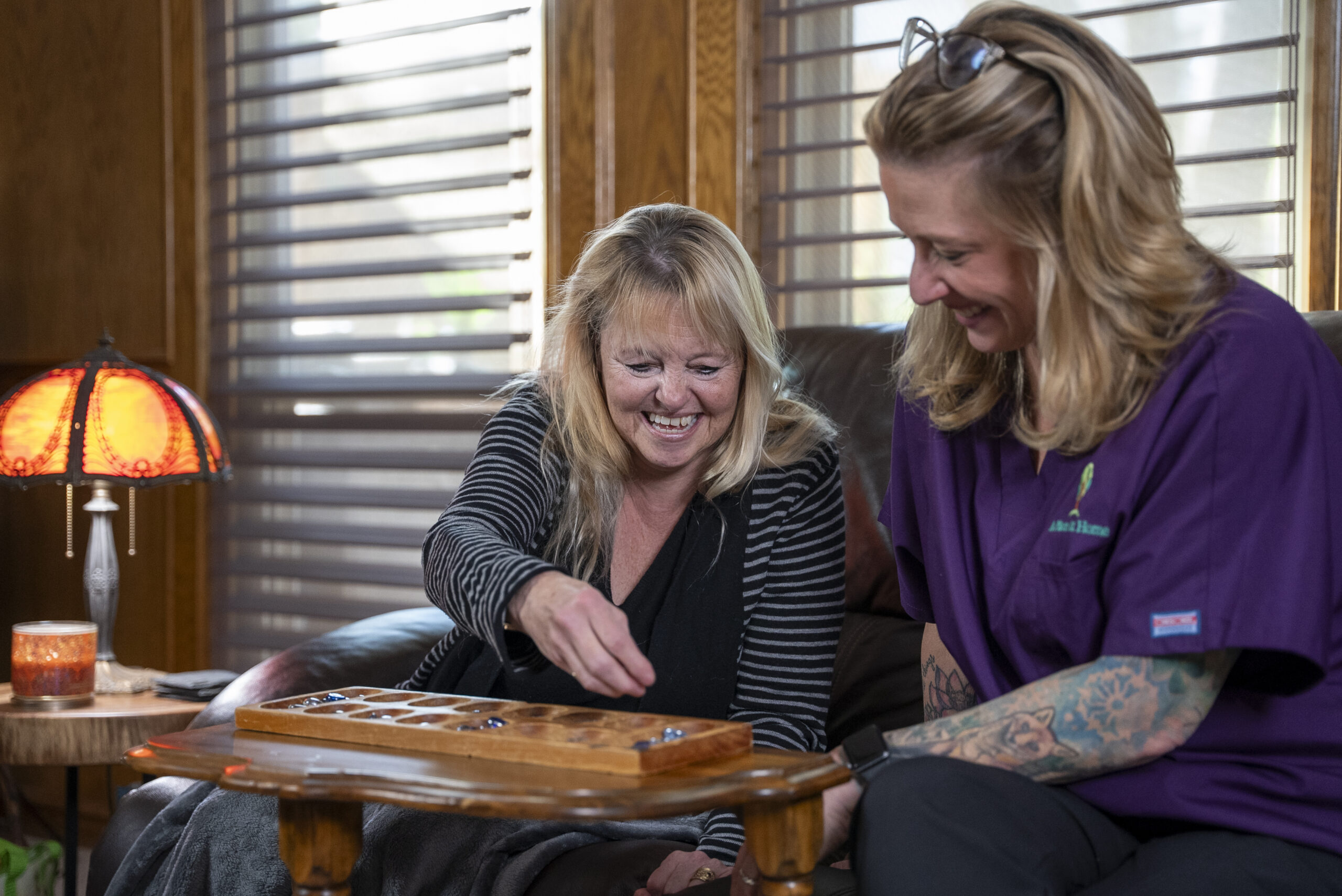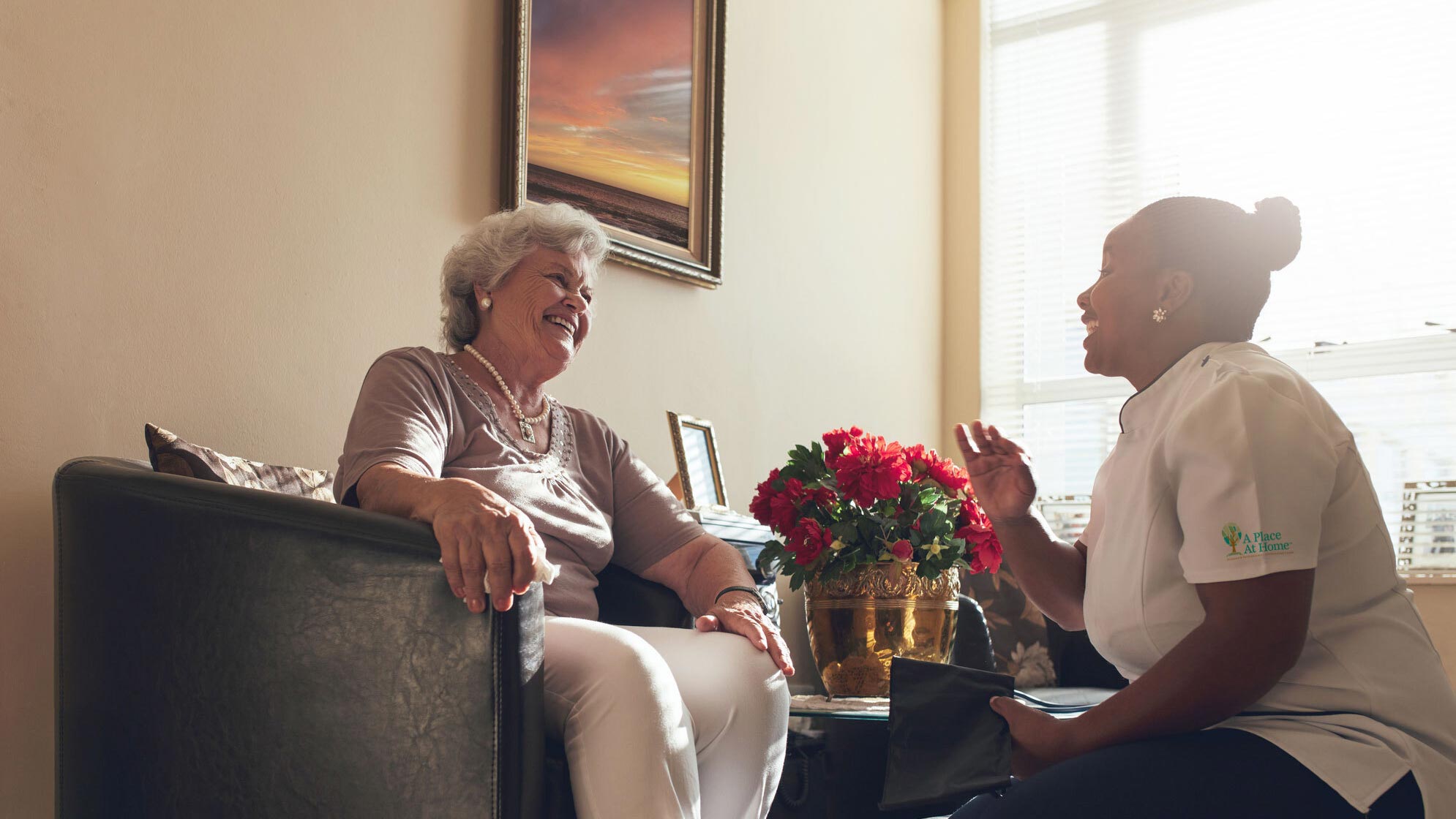Looking to join the world where love meets ledger? If you and your significant other want to intertwine romance and the rewards of entrepreneurship, you’re in good company. An impressive 87% of businesses in the U.S. are family-owned.
Franchising offers an excellent way for you and your spouse to step into a new career together; the support and training means you can choose something you both are passionate about but don’t necessarily have experience in. See the top franchises for couples. Learn why couples turn to franchising to kickstart their journey into business ownership and the many benefits that follow.
Why Franchise?
Unlike starting a business from scratch, franchising offers an established business model, existing brand recognition, training, and ongoing support. This structured framework reduces the risk and uncertainty of entrepreneurship, making it a more comfortable choice for couples.
Franchising is great for couples because of the collaborative nature of the business model. Most franchise blueprints encourage owners to work together through decision-making and problem-solving, fostering communication and mutual respect. You can both become equally knowledgeable and capable of running the business through franchise training, creating a harmonious work environment.
One of the significant differences between franchising and an independent startup is the potential financial outlook that comes with a proven business model. While no franchisor can guarantee set earnings for owners, access to a tested model can make it a less risky and ultimately more rewarding venture for couples.
Benefits of Franchising for Couples
Franchises for couples offer several benefits, such as working together towards a common purpose and goal, which can strengthen a relationship. Business ownership provides some flexibility in your roles and responsibilities. You can leverage your strengths, whether that’s in management, customer service, or marketing, to create a balanced and effective business partnership.
Franchises offer a built-in support system and provide a community of peers going through similar situations. You can connect with other franchisees to gain valuable insights and support as you navigate the ups and downs of business ownership. In addition to the franchise training, this support system can help reduce the stress and uncertainty of starting a business from scratch.
Beyond the support, owning a franchise can give you more control over your work schedules, offering a better balance between your personal and professional lives. In the beginning, the line between them can be muddied because of the extensive work that goes into opening a business. That’s why setting boundaries on when business talk is allowed is essential. But once you both are in the groove of franchise ownership, the flexibility benefits couples with kids or other family commitments.
Types of Franchises for Couples
From food and beverage and retail to service-based franchises like senior care, there are hundreds of franchises for couples to choose from. Considering your interests, skills, lifestyle, and financial capability is vital. When looking at different industries and specific franchises, evaluate the initial investment, ongoing fees, and brand reputation. Also, look at what is in demand in your desired market; you don’t want to make it harder on yourselves by joining an oversaturated industry.
Why Choose a Home Care Franchise?
The senior care industry is only growing as the senior population rapidly increases. According to the U.S. Department of Health and Human Services, those 65 years or older have a 70% chance of needing some type of long-term care and support.
An in-home senior care franchise like A Place At Home is a great opportunity for couples. This industry offers a lucrative business opportunity and the chance to make a meaningful impact on the community. Working together in a field that makes a real difference in people’s lives is incredibly rewarding and fulfilling, personally and professionally.
Choose A Place At Home
Built on the foundation of family, at A Place At Home, we’re ready to help you both start your new business venture. We’re no stranger to couples within our franchise system – we already have several who are thriving. Our commitment to offering comprehensive support to you and our emphasis on quality care makes us the perfect option. Our brand’s reputation and established business model ensure that you and your significant other have a solid foundation to build upon.
You can hear more in our franchisee testimonials highlighting the ongoing training, marketing support, and operational guidance provided, which are key factors in ensuring business success for couples. This is more than just a business venture; it’s a life-changing experience that can bring you closer together and create a lasting impact. To learn more about our franchise opportunity, request information today.










